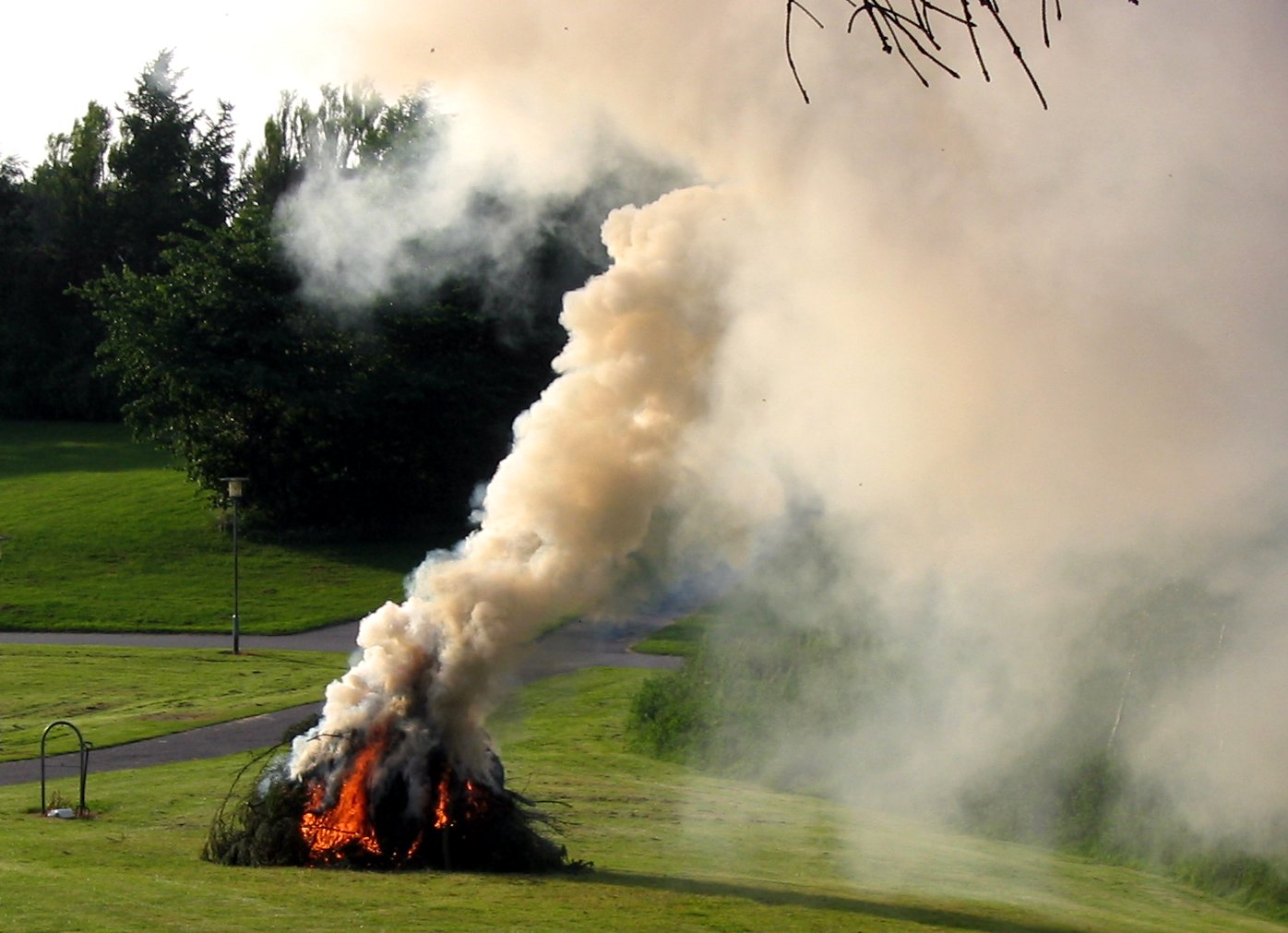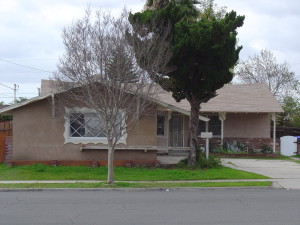When summer fun becomes a nuisance
As summer in the Pacific Northwest heats up, finally, outdoor fires from grills, barbeques, etc. becomes a way to enjoy the sun. While property owns can cook outdoors, everyone needs to keep in mind the Puget Sound Clean Air Regulations and nuisance laws to keep their summer fun from becoming a legal headache. While burning your hotdogs is unlikely to cause a problem, clean air regulations prohibit any person from causing or allowing outdoor burning that causes an emission of smoke or any other air contaminant that is detrimental to the health, safety, or welfare of any person, that causes damage to property or business, or that causes a nuisance.
 A nuisance is anything injurious to health or indecent or offensive to the senses, or an obstruction to the free use of property, so as to essentially interfere with the comfortable enjoyment of the life and property. Emitting large quantities of noxious smoke in considered a nuisance in Washington and can subject the person violating the regulations to legal action from the Puget Sound Clean Air Agency and lawsuits from their neighbors.
A nuisance is anything injurious to health or indecent or offensive to the senses, or an obstruction to the free use of property, so as to essentially interfere with the comfortable enjoyment of the life and property. Emitting large quantities of noxious smoke in considered a nuisance in Washington and can subject the person violating the regulations to legal action from the Puget Sound Clean Air Agency and lawsuits from their neighbors.
After the weather cools down again, remember, it is illegal to burn anything other than manufactured logs or dry wood in an indoor fireplace. You can, however, burn small amounts of paper to get the fire going. It is always illegal to burn garbage in an indoor or outdoor fire. In addition, a chimney producing too much smoke can be subject to an enforcement action if it exceeds 20 percent opacity for six consecutive minutes. To see what this looks like please see http://www.pscleanair.org/actions/woodstoves/opacity.aspx.
Have a safe an enjoyable summer and remember to be a good neighbor and environmental steward by keeping an eye on your fires.


 For even more information, look at the government’s website
For even more information, look at the government’s website